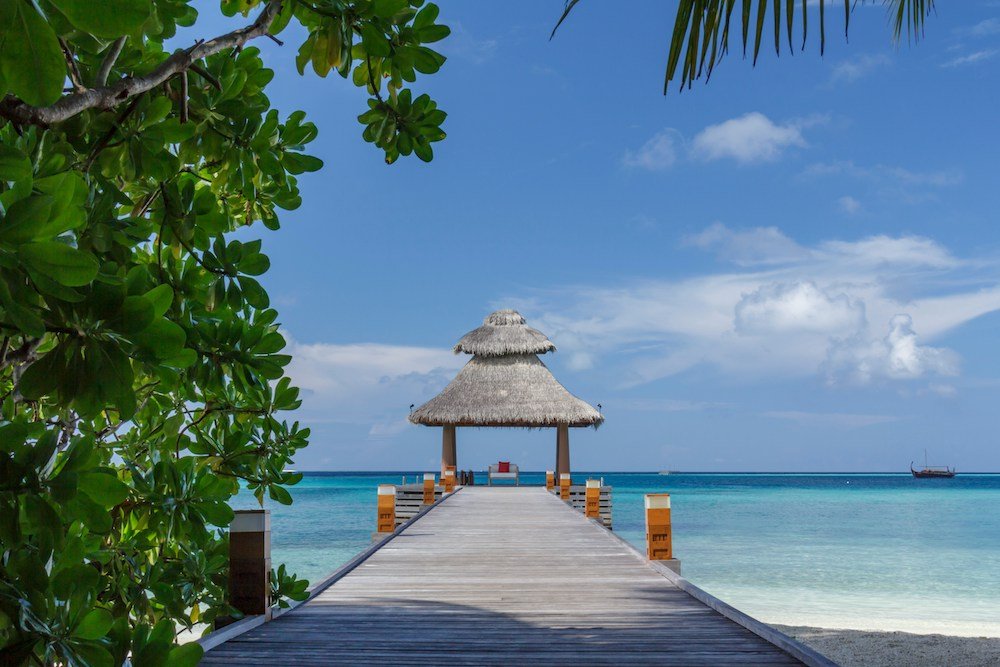
Want to secure the best job in the world as a private island caretaker?
Imagine waking up to the sound of waves gently crashing against the shore, the warm sun kissing your skin, and the serene beauty of untouched nature surrounding you.
This is the daily reality for a private island caretaker, a role that many dream of but few get to experience.
Being a private island caretaker is not just a job; it’s a unique lifestyle that offers unparalleled connection to nature, solitude, and the kind of tranquility that most people only dream of during their 9-to-5 grind.
The allure of becoming a private island caretaker lies in its exclusivity and the adventurous spirit it embodies.
It’s a position that goes beyond the conventional job description, integrating elements of maintenance, hospitality, and stewardship of natural resources into a role that is as challenging as it is rewarding.
The uniqueness of this job stems from its setting—a private island, where caretakers live and work in some of the most breathtaking locations on the planet.
Understanding the Role of a Private Island Caretaker
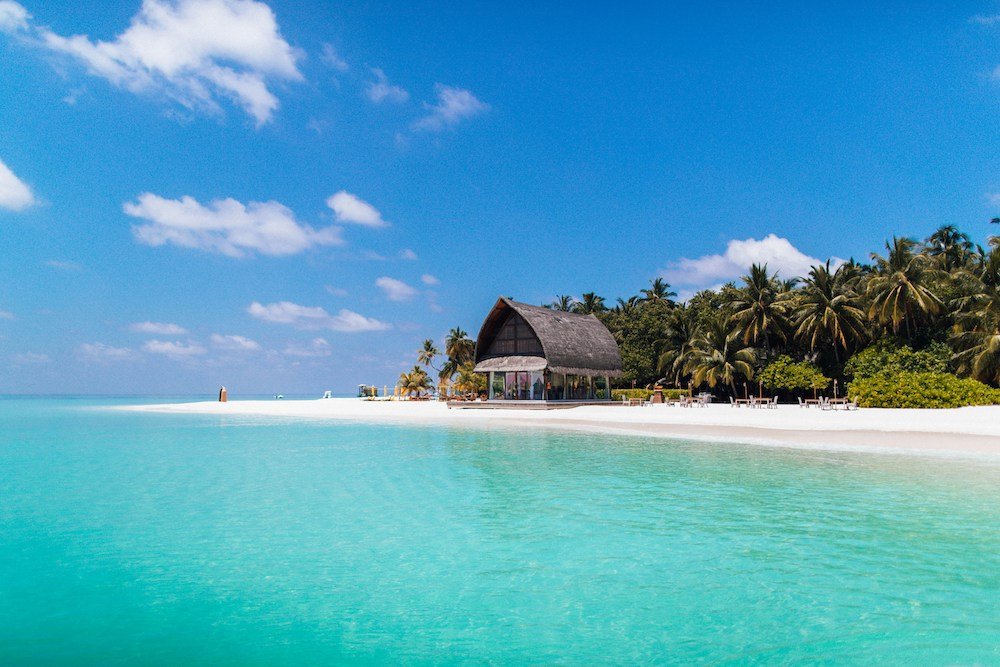
The Role and Responsibilities
At the heart of the private island caretaker position is a diverse range of responsibilities that extend far beyond the conventional job description.
This role is as multifaceted as the islands themselves, requiring a blend of skills to manage the day-to-day operations of a private island. Key responsibilities include:
- Maintenance: Caretakers are in charge of maintaining the island’s facilities, ensuring everything from the buildings to the landscapes are in top condition. This includes repair work, landscaping, and sometimes even construction projects.
- Guest Services: For islands that host visitors, caretakers may also play a crucial role in guest hospitality, ensuring a memorable and comfortable stay for all. This could involve anything from coordinating transport, preparing meals, to organizing activities.
- Conservation Efforts: Many private islands have unique ecosystems that require protection. Caretakers might be involved in wildlife conservation projects, beach clean-ups, and the implementation of sustainable practices to preserve the natural beauty of the island.
Skills and Qualities Needed
The ideal private island caretaker is more than just a handyman or a hospitality professional; they embody a set of skills and qualities that are essential for the success and sustainability of the island. These include:
- Adaptability: The ability to adjust to changing conditions and unexpected challenges is crucial, given the isolated nature of the job and the diverse tasks at hand.
- Resourcefulness: With limited resources available, caretakers must be able to solve problems creatively and make do with what they have.
- Hospitality: Excellent people skills are a must, especially on islands that entertain guests. A friendly and welcoming demeanor can turn a good stay into a great one.
- Self-Sufficiency: Living on a private island often means being cut off from immediate external support. Caretakers should be comfortable with this level of independence.
- Conservation Awareness: A deep respect for and understanding of the environment and local wildlife is essential for ensuring the island remains a pristine paradise.
Lifestyle and Daily Routines
The lifestyle of a private island caretaker is unparalleled, offering an intimate connection with nature and a pace of life dictated by the natural environment rather than the ticking of a clock.
Daily routines can vary widely depending on the specific requirements of the island, but they generally include:
- Morning Inspections: Starting the day with a check of the property and facilities to identify any overnight issues that need addressing.
- Maintenance and Project Work: Dedicate time to ongoing maintenance tasks or specific projects, which can range from simple repairs to larger construction or conservation efforts.
- Guest Interaction: If the island hosts visitors, part of the day will involve interacting with guests, providing services, and ensuring their stay is enjoyable.
- Evening Wind Down: As the day comes to an end, caretakers often enjoy the unmatched peace of the island, reflecting on the day’s work and planning for the days ahead.
The Benefits of Being a Private Island Caretaker
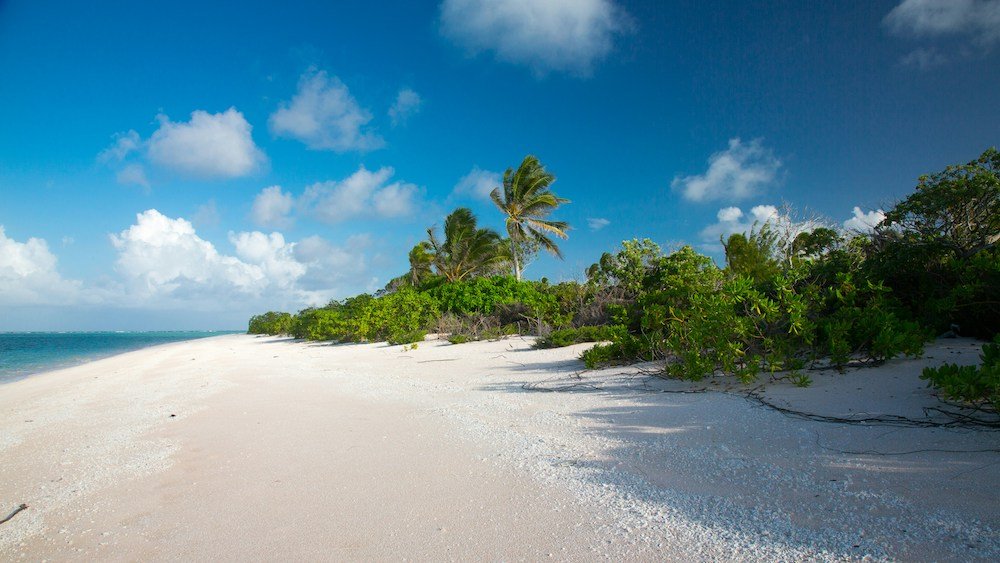
The role of a private island caretaker comes with a set of benefits that can hardly be matched by any traditional employment opportunities.
These benefits extend beyond the financial, offering a rich blend of personal satisfaction, growth, and unique experiences.
Living in Paradise
One of the most immediate benefits is the sheer beauty and tranquility of living on a private island.
Caretakers are afforded the rare opportunity to reside in places most people only see in magazines or on social media.
This everyday connection to paradise offers a lifestyle that is both serene and exhilarating, allowing for an intimate bond with the natural environment that is both healing and invigorating.
Experiencing Solitude and Nature
For those who cherish privacy and the natural world, the role of a caretaker offers unparalleled access to both.
The solitude found on a private island provides a profound sense of peace and a break from the fast-paced, often overwhelming demands of modern life.
This unique setting allows caretakers to live in harmony with nature, witnessing the cycles of the environment firsthand, from the changing tides to the seasonal migrations of wildlife.
This close connection with nature not only nurtures a deep respect for the environment but also promotes a mindful and contemplative lifestyle.
Potentially Lucrative Compensation
While the notion of living in paradise might seem like a reward in itself, the position of a private island caretaker can also offer attractive financial benefits.
Compensation packages vary widely depending on the location, size, and requirements of the island, but they often include a competitive salary, housing, and sometimes even perks like access to recreational activities and food allowances.
As reported by ZipRecruiter on December 4, 2020, the average annual income for an island caretaker in the United States stands at $42,967.
For many, this role provides not just a dream lifestyle but also the financial means to enjoy and sustain it.
Personal and Professional Growth Opportunities
Beyond the tangible benefits, the role of a caretaker on a private island fosters immense personal and professional growth.
On a personal level, caretakers often develop a profound sense of self-reliance, problem-solving skills, and adaptability.
The unique challenges and responsibilities of the job encourage innovation and creativity, as well as a strong work ethic.
Professionally, caretakers gain a diverse set of skills that can enhance their career prospects, whether they choose to continue in roles that involve property management, hospitality, or conservation.
The experience also builds a strong resume, showcasing the ability to manage complex operations, provide exceptional guest services, and oversee conservation efforts.
Additionally, the networking opportunities with guests and owners can open doors to future career opportunities in various fields.
In essence, the role of a private island caretaker offers a blend of benefits that cater to both the adventurous spirit and those seeking a meaningful, fulfilling career.
It’s a unique path that combines the beauty of living in some of the world’s most secluded spots with the satisfaction of personal and professional achievement.
Necessary Qualifications and Skills

Securing a position as a private island caretaker requires a unique blend of qualifications and skills that ensure the individual is well-prepared for the multifaceted nature of the role.
These qualifications and skills are a mix of formal education, practical experience, and personal attributes that together create the ideal candidate.
Typical Qualifications Required
Education
While formal education requirements can vary, a background in fields related to hospitality, property management, environmental science, or even general business can be beneficial.
Some positions may require specific certifications or degrees, but often, practical experience can be equally, if not more, valuable.
Experience
- Hospitality or Customer Service: Experience in hospitality, customer service, or a related field is highly valued, especially for islands that host guests. This ensures the caretaker can provide a high level of service and create a welcoming environment for visitors.
- Maintenance and Handyman Skills: Practical experience in maintenance, construction, or handyman work is crucial, as caretakers often manage the upkeep of the property. This could include basic repair work, gardening, and even more complex project management.
- Conservation and Environmental Management: For islands focused on sustainability or conservation, experience in environmental management or related fields can be a significant asset.
Essential Skills
Soft Skills
- Communication: Excellent communication skills are vital for interacting with guests, island owners, and possibly coordinating with external vendors or emergency services.
- Problem-Solving and Adaptability: The ability to think on your feet and adapt to changing situations is crucial, given the remote and often unpredictable nature of island living.
- Independence and Self-Motivation: Being able to work autonomously and stay motivated without direct supervision is essential for success in this role.
Hard Skills
- First Aid and Emergency Response: Knowledge of first aid and emergency response techniques is critical, especially in remote locations where medical facilities may not be immediately accessible.
- Boating Skills and Licenses: For islands accessible only by water, having boating skills and the appropriate licenses is often necessary.
- Technical and Mechanical Skills: Proficiency in dealing with technical or mechanical systems, such as water purification systems, solar panels, and generators, can be invaluable in maintaining the island’s infrastructure.
These qualifications and skills not only ensure the private island caretaker can effectively manage the daily operations of the island but also prepare them to handle the unique challenges that may arise in such isolated settings.
The combination of practical experience, formal education (where applicable), and a robust set of soft and hard skills makes for a well-rounded caretaker capable of embracing the responsibilities and joys of island living.
How to Find Private Island Caretaker Jobs
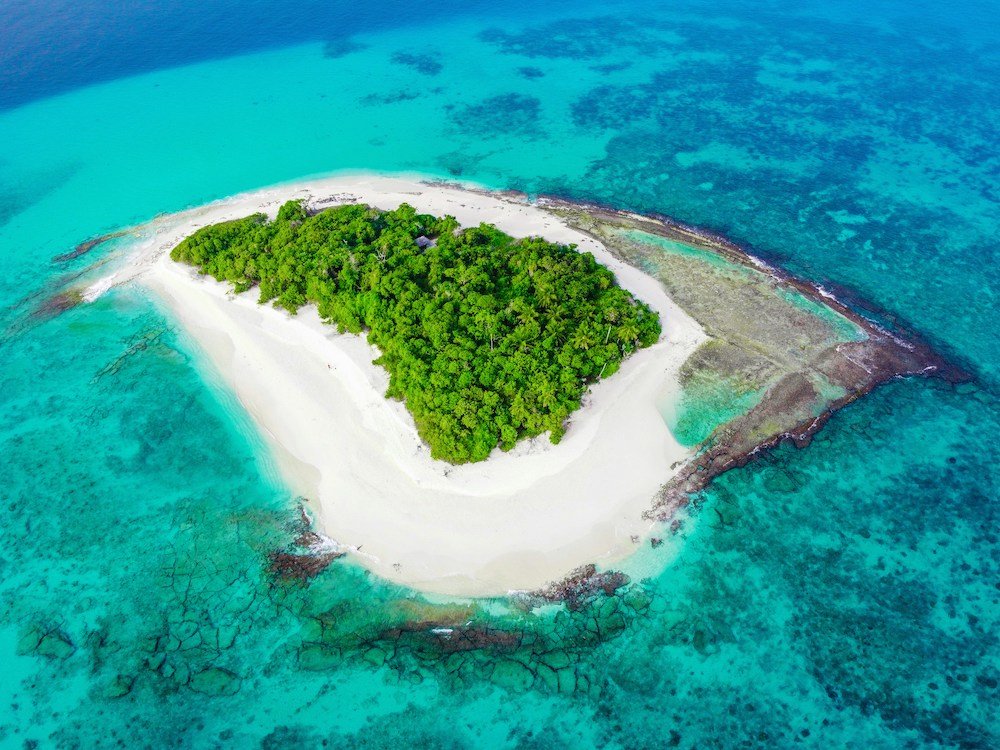
Landing a job as a private island caretaker can seem like a dream come true for many, but knowing where to look and how to network effectively can turn this dream into reality.
The search for such positions requires a strategic approach, utilizing both online and offline resources to discover opportunities. Here’s how to start your search:
Where to Look for Listings
Specialized Job Boards
Some websites and job boards are dedicated to unique or luxury job listings, including private island caretaker positions.
Websites like Escape the City, TheYachtMarket, and LuxuryEstate often feature listings for caretaker roles on private islands. Ziprecruiter and Indeed also have island caretaker jobs throughout the year.
Regularly checking these sites can give you a head start on new postings.
Private Island Websites
Many private islands have their own websites, which may include career or vacancy sections.
Directly visiting these sites and reaching out proactively can demonstrate your interest and initiative.
Luxury Property Management Companies
Companies that specialize in managing luxury properties, including private islands, are excellent sources for caretaker positions.
Establishing contacts within these companies and monitoring their job boards can reveal opportunities not widely advertised elsewhere.
Tips on Networking and Using Social Media
Utilize LinkedIn to connect with professionals in the luxury property management, hospitality, and conservation fields.
Joining relevant groups and participating in discussions can increase your visibility and open up networking opportunities.
Don’t hesitate to reach out to connections with a personalized message expressing your interest in caretaker roles.
Social Media Platforms
Platforms like Instagram and Twitter can also be valuable for networking.
Follow accounts related to private islands, luxury travel, and environmental conservation.
Engage with their content and share your own experiences or aspirations related to caretaking.
Using hashtags like #PrivateIslandJobs or #IslandCaretaker can help your posts reach a wider audience interested in these topics.
Networking Events
Attend industry events, trade shows, and conferences related to luxury travel, hospitality, and real estate.
These gatherings can be golden opportunities for networking with professionals who have direct or indirect links to private island caretaker positions.
Prepare a brief elevator pitch about your skills and interests to make a memorable impression.
Word of Mouth
Never underestimate the power of word of mouth.
Let friends, family, and acquaintances know about your interest in becoming a private island caretaker.
You never know who might have a connection to a private island owner or manager looking for someone with your exact skills and enthusiasm.
Finding a job as a private island caretaker requires patience, persistence, and a proactive approach to job searching and networking.
By exploring specialized job boards, leveraging social media, and making connections within the luxury property and hospitality industries, you’ll increase your chances of landing this unique and coveted role.
Applying for the Position
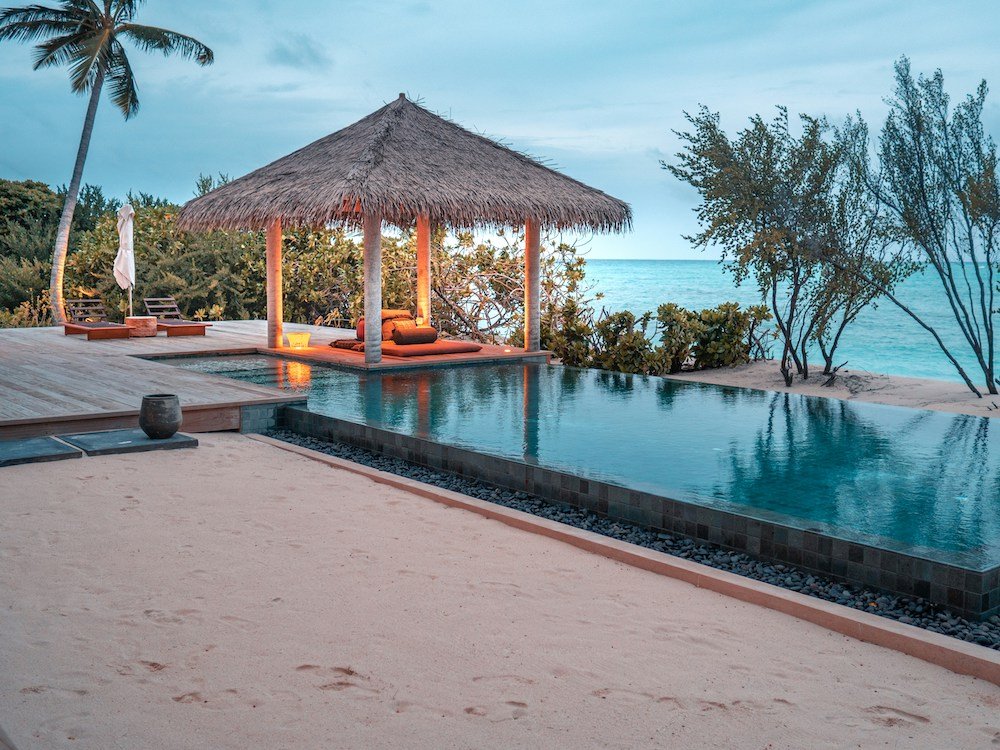
Securing a job as a private island caretaker is highly competitive, requiring a standout application that highlights your unique qualifications, skills, and passion for the role.
Here’s how to craft an application that captures attention and demonstrates your suitability for this dream job.
Creating a Standout Application
Customizing CVs
Tailor your CV for each application to reflect the specific requirements of the caretaker position.
Highlight relevant experience and skills that align with the job listing, such as maintenance work, hospitality experience, or conservation efforts.
Use keywords from the job description to ensure your CV resonates with hiring managers and passes through any automated screening systems.
Showcasing Relevant Experience and Skills
Emphasize any direct experience that matches the caretaker role, but also consider how your other professional experiences can demonstrate transferable skills.
For example, project management skills show you can oversee maintenance projects, while experience in customer service proves your ability to handle guest relations.
Quantify your achievements with specific examples and metrics to provide a clear impact of your contributions.
Importance of a Cover Letter
A cover letter is your opportunity to personally connect with the employer and express why you’re not only interested in the role but also the perfect fit for it. Here’s what to include:
- Personal Connection: Explain why the role of a private island caretaker appeals to you and how it aligns with your personal and professional aspirations.
- Unique Qualifications: Highlight experiences and skills that make you uniquely qualified for the caretaker position. Share stories that demonstrate your problem-solving abilities, resilience, and adaptability.
- Understanding of the Role: Show that you understand the complexities and responsibilities of being a caretaker, reinforcing your commitment to embracing the challenges and rewards it entails.
Preparing for and Excelling in Interviews
Research
Before the interview, thoroughly research the private island, its ethos, and any known preferences of the owners or managing company.
Understanding their priorities can help you tailor your responses and showcase how your values align with theirs.
Remote Interview Strategies
Given the remote nature of private island caretaker positions, initial interviews may be conducted via video call. Ensure you have a reliable internet connection and a quiet, professional-looking background. Practice using the video platform beforehand to troubleshoot any technical issues.
- Body Language: Maintain good posture, make eye contact by looking at the camera, and use gestures naturally to convey enthusiasm and confidence.
- Clear Communication: Speak clearly and pause slightly longer than usual to account for any potential audio delays.
- Prepared Examples: Have specific examples ready that showcase your skills and experiences relevant to the caretaker role, particularly those that demonstrate your ability to work independently, solve problems creatively, and handle the unique challenges of island living.
Questions to Ask
Prepare thoughtful questions that demonstrate your interest in the role and your proactive thinking about the challenges it entails.
Asking about the island’s maintenance needs, guest service expectations, or conservation efforts shows your engagement and readiness to contribute meaningfully to the island’s operation and ethos.
By customizing your application, conveying your passion in a cover letter, and preparing diligently for interviews, you’ll position yourself as a compelling candidate for the private island caretaker role, one step closer to securing the best job in the world.
Preparing for the Job
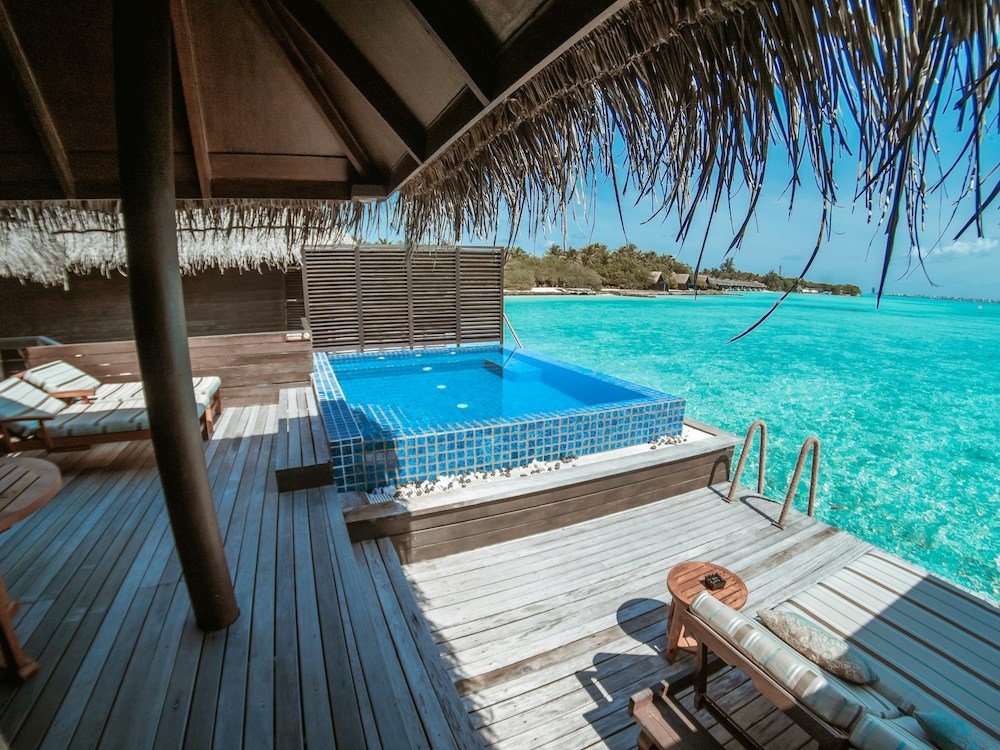
Securing a position as a private island caretaker is just the beginning. Preparing for the role is crucial, particularly given the unique challenges of living and working in isolation.
Physical and mental readiness, along with practical skills, are key to not only surviving but thriving in this unique environment.
Physical and Mental Preparation for Isolated Living
Physical Readiness
Island caretaking can be physically demanding, requiring you to be in good health and physically fit.
Regular exercise, focusing on strength, stamina, and flexibility, can prepare your body for the varied physical tasks you’ll encounter, from maintenance work to navigating the terrain of the island.
Mental Resilience
The mental shift to isolated living can be significant. Cultivating mental resilience is essential for coping with the solitude and potential challenges of island life.
Practices such as mindfulness, meditation, or journaling can aid in building a strong mental foundation, helping you to remain focused, calm, and positive through the ups and downs.
Learning Survival, Maintenance, and Hospitality Skills
Survival Skills
Basic survival skills are invaluable for a private island caretaker.
This includes knowing how to find and purify water, identify edible plants, and possibly fish or hunt.
Even if the island is well-equipped, these skills are crucial in emergency situations.
Maintenance Skills
A broad set of maintenance skills ensures you can handle the day-to-day upkeep of the island and address any issues that arise.
This could include everything from plumbing and electrical repairs to construction and landscaping.
Consider taking courses or gaining hands-on experience in these areas prior to starting the job.
Hospitality Skills
If the island hosts guests, strong hospitality skills will enhance their experience and ensure smooth operations.
This includes everything from guest communication and service to event planning and entertainment.
Formal training in hospitality or experience in the service industry can be beneficial.
Adjusting to the Solitude and Remoteness of Island Living
Embracing Solitude
Adjusting to the solitude requires a mindset shift.
View this time as an opportunity for personal growth, reflection, and connection with nature.
Engaging in hobbies, setting personal goals, and establishing a routine can help in making the solitude enriching rather than overwhelming.
Staying Connected
While embracing solitude, it’s also important to maintain connections with the outside world.
Regular communication with friends and family, whether through internet, satellite phone, or mail, can help balance the isolation and keep loneliness at bay.
Building a Support Network
Establishing a network of support, including contacts for emergency services, maintenance support, and supply deliveries, ensures you’re prepared for any situation.
Knowing you have a reliable network can provide peace of mind and reduce the feeling of being entirely on your own.
Preparing for a job as a private island caretaker involves much more than packing a bag; it’s about equipping yourself with the skills, mindset, and resilience needed to navigate the complexities of island life.
With the right preparation, the experience can be incredibly rewarding, offering a unique blend of challenges, growth, and the unmatched beauty of living in such a secluded paradise.
Challenges and How to Overcome Them
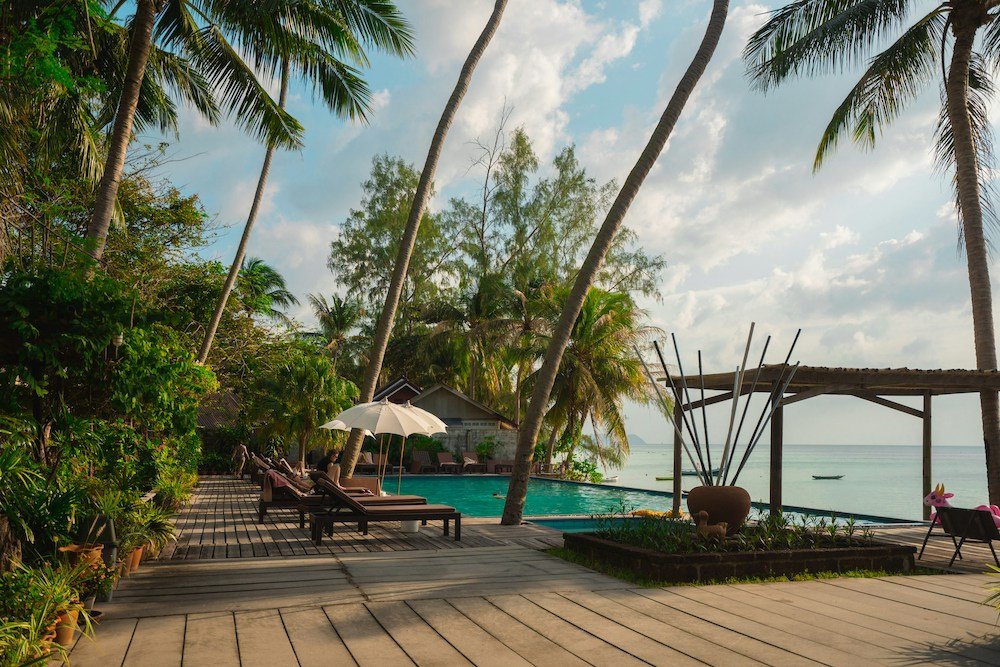
Being a private island caretaker comes with its set of unique challenges, ranging from the psychological impacts of isolation to practical issues like weather-related damages and maintenance difficulties.
Understanding these challenges and preparing strategies to overcome them is crucial for a successful tenure on the island.
Common Challenges Faced
Isolation
The solitude of island living can be a double-edged sword, offering peace but also leading to feelings of loneliness and isolation.
The lack of social interaction can be challenging for those accustomed to a more communal lifestyle.
Weather Issues
Private islands, particularly those in tropical regions, can face severe weather conditions, including hurricanes, storms, and high winds, which can cause damage to the property and disrupt daily life.
Maintenance Challenges
The remote nature of an island can make maintenance tasks more difficult, with limited access to tools, materials, and professional assistance.
Routine upkeep can become a significant challenge, especially after weather-related damages.
Strategies for Overcoming Challenges
Maintaining Mental Health and Well-Being in Solitude
- Routine and Structure: Establish a daily routine that includes work tasks, leisure activities, and self-care practices to provide structure and purpose.
- Stay Connected: Utilize technology to maintain contact with family and friends, ensuring a support system despite the physical distance.
- Embrace Nature: Use the unique setting to connect with nature, which can be therapeutic and uplifting. Activities like swimming, hiking, or simply observing the wildlife can enhance your well-being.
Emergency Preparedness
- Plan Ahead: Have a comprehensive emergency plan in place, including evacuation routes, communication strategies, and emergency supplies (food, water, first aid).
- Regular Training: Familiarize yourself with emergency procedures and conduct regular drills to ensure readiness for hurricanes, medical emergencies, or other critical situations.
- Build a Support Network: Establish relationships with local authorities, nearby islands, or mainland contacts who can provide assistance or resources in an emergency.
Dealing with Unexpected Situations
- Problem-Solving Skills: Cultivate strong problem-solving skills and a calm mindset to effectively address unexpected issues as they arise.
- Resourcefulness: Be resourceful in finding solutions, using available resources creatively to fix problems or make repairs.
- Seek Assistance When Needed: Know when to seek external assistance, whether it’s for major repairs, medical emergencies, or logistical support.
Future Opportunities and Career Path
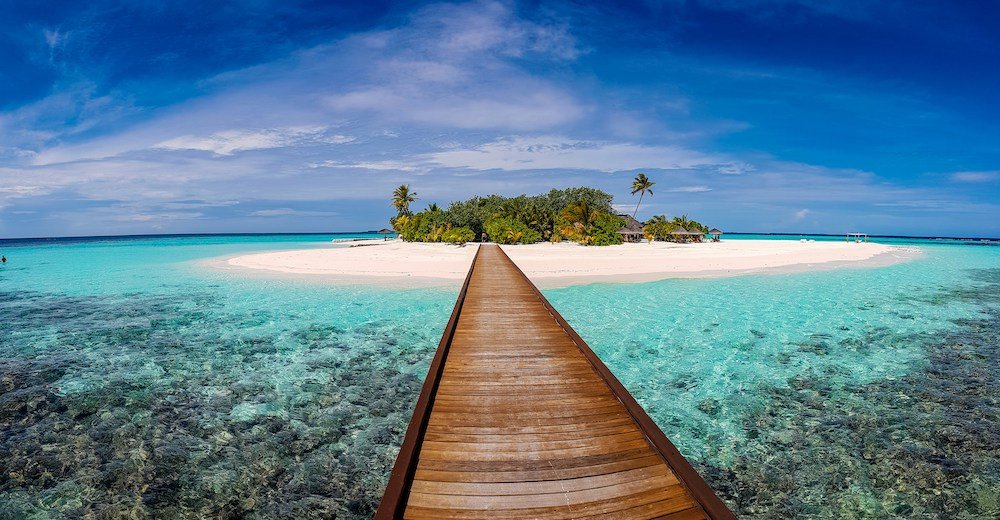
The role of a private island caretaker not only offers a unique and enriching life experience but also paves the way for a wide range of future career opportunities.
The skills, knowledge, and personal growth gained during this tenure can open doors in various fields, particularly within luxury hospitality and property management.
Here’s how experience as a private island caretaker can influence your career trajectory.
Career Paths Following Experience as a Private Island Caretaker
Property Management
Experience in managing the diverse aspects of a private island can directly translate into qualifications for property management roles. This includes managing residential properties, commercial estates, or even other unique properties like vineyards or resorts.
Luxury Hospitality Management
The hospitality skills honed while catering to guests on a private island are invaluable in the luxury hospitality sector. This experience can lead to positions at high-end hotels, resorts, or exclusive travel companies, where exceptional service standards are a priority.
Environmental Conservation
For those involved in the conservation efforts of a private island, this experience can be a stepping stone into broader roles within environmental organizations, wildlife conservation projects, or sustainability consultancy.
Entrepreneurship
The self-reliance and problem-solving skills developed as a caretaker can inspire entrepreneurial ventures, especially in areas related to travel, hospitality, or environmental sustainability.
Opportunities for Advancement or Transitioning
Upskilling and Certification
Leveraging the experience gained on the island to acquire additional certifications or skills can further enhance career prospects. This might include formal qualifications in hospitality management, environmental science, or technical trades.
Networking
The connections made through guests and industry contacts during your tenure can be invaluable. These networks can lead to new opportunities, partnerships, or ventures within and beyond the realm of private islands.
Role of the Experience in Personal and Professional Development
Enhanced Adaptability and Problem-Solving
The unique challenges faced as a private island caretaker foster a level of adaptability and problem-solving ability that is highly prized in many sectors.
Leadership and Independence
Managing a private island often involves working independently or leading a small team, skills that are transferable to any leadership or managerial role.
Global Perspective
Living and working in such a unique environment can provide a broader perspective on the world, sustainability, and the importance of preserving natural beauty.
This global outlook is increasingly valuable in today’s interconnected world.
In essence, the journey of a private island caretaker is not just about the time spent in isolation among nature’s beauty but also about how this unique experience can shape your future.
Whether it leads to career advancement within the hospitality industry, a shift towards environmental conservation, or the pursuit of entrepreneurial dreams, the skills and experiences gained in this role offer a rich foundation for a wide array of future paths.
Conclusion
Embarking on a journey to become a private island caretaker is a pursuit of a dream that few dare to imagine, yet it is an attainable reality for those who are prepared to embrace the challenges and rewards that come with it.
This article has traversed the essentials of securing the best job in the world, from understanding the multifaceted role and responsibilities to preparing for the unique lifestyle it offers.
We’ve explored the necessary qualifications and skills, where to find these coveted positions, how to apply successfully, and how to prepare for the job, both practically and mentally.
The benefits of being a private island caretaker are unparalleled, offering a blend of living in paradise, experiencing profound solitude, and potentially lucrative compensation, alongside immense personal and professional growth opportunities.
Yet, like any role of value, it comes with its challenges—namely isolation, weather-related issues, and the need for a diverse skill set to manage maintenance and emergencies.
However, with the right mindset and preparation, these challenges can be navigated successfully, leading to an enriching life experience.
The career path following a stint as a caretaker can lead to numerous opportunities, from luxury hospitality and property management to roles in environmental conservation or even entrepreneurial ventures, underpinned by the unparalleled skills and perspectives gained through this unique experience.
To those considering this journey, let the allure of untouched nature, the promise of solitude, and the opportunity for personal growth fuel your ambition.
The role of a private island caretaker is more than a job; it’s a gateway to discovering your capabilities, pushing your limits, and living a life less ordinary.
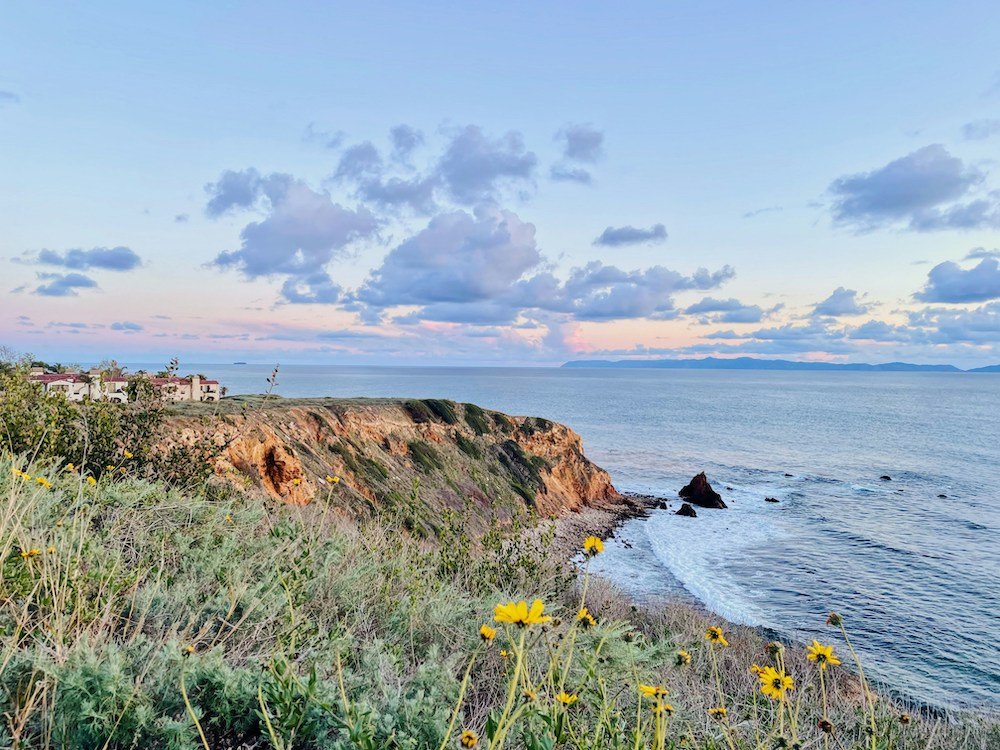
FAQ’s About the Private Island Caretaker role:
What does an island caretaker do?
An island caretaker is responsible for maintaining and managing the operations of a private island.
This includes a wide range of tasks such as property maintenance, landscaping, overseeing any construction or improvement projects, and ensuring the smooth running of the island’s facilities.
If the island hosts guests, the caretaker may also be involved in hospitality duties, such as welcoming guests, ensuring their comfort, and managing any staff.
Additionally, conservation efforts to protect the island’s natural environment may also be part of the caretaker’s responsibilities.
How much does a private island caretaker earn in the US?
As of December 4, 2020, according to ZipRecruiter, the average annual salary for a private island caretaker in the United States was reported to be $42,967.
However, salaries can vary significantly based on the location, size of the island, scope of responsibilities, and the caretaker’s experience and qualifications.
Some positions may offer additional benefits such as housing, food, and access to recreational activities, which can add considerable value to the compensation package.
How do you become a caretaker of an island?
Becoming a caretaker of an island typically requires a combination of relevant qualifications, experience, and personal attributes. Key steps include:
- Gaining relevant experience: This can include work in property maintenance, hospitality, environmental conservation, or similar fields.
- Developing a diverse skill set: Skills in areas such as handyman tasks, first aid, boating, and customer service are highly valuable.
- Networking and searching for opportunities: Utilize specialized job boards, private island and luxury property management company websites, and networking events to find openings.
- Tailoring your application: Customize your CV and cover letter to highlight your relevant experience and skills for each specific role you apply for.
- Preparing for interviews: Be ready to discuss your qualifications, experience, and how you would handle the unique challenges of island caretaking.
Who is the best job in the world Australia island caretaker?
The “Best Job in the World” campaign was a highly publicized international competition run by Tourism Queensland in 2009.
The winner was Ben Southall from the UK.
He became the caretaker of Hamilton Island in the Great Barrier Reef for six months.
His role involved exploring the islands, snorkeling, blogging, and producing promotional content to showcase the area’s beauty and attractions.
Southall’s experience put the spotlight on the unique role of island caretakers and highlighted the appeal of such positions worldwide.
What does a caretaker job involve?
A caretaker job involves a range of duties focused on maintaining and managing a property or facility.
This can include tasks such as cleaning, performing minor repairs, groundskeeping, and ensuring the security of the premises.
In more specific contexts, such as school or residential complex caretaking, it may also involve managing access to buildings, overseeing safety protocols, and liaising with contractors for larger maintenance works.
The role requires a practical skill set, attention to detail, and often the ability to work independently.
What are the benefits of being a caretaker?
The benefits of being a caretaker include:
- Stable employment: Many caretaker positions offer long-term employment stability.
- Variety in daily tasks: The job involves a wide range of activities, which can keep the work interesting and engaging.
- Independence: Caretakers often have the autonomy to manage their schedules and tasks.
- Accommodation: Some caretaker roles, especially in residential or remote settings like private islands, include living accommodations as part of the compensation package.
- Fulfillment: There is a sense of accomplishment and pride in maintaining and improving a property or facility.
What are the disadvantages of being a caretaker?
The disadvantages of being a caretaker can include:
- Physical demands: The job can be physically demanding, with a need for lifting, bending, and manual labor.
- Isolation: In some cases, especially in remote locations, caretakers may experience loneliness or isolation.
- Irregular hours: The job may require working outside of standard business hours, including evenings, weekends, and holidays, especially in emergency situations.
- Limited advancement: Career advancement opportunities may be limited within the caretaking field, requiring individuals to seek additional qualifications or change career paths for growth.
Is it hard being a caretaker?
Being a caretaker can be challenging due to the physical demands of the job, the breadth of skills required, and the responsibility of managing and maintaining a property effectively.
The level of difficulty can vary significantly depending on the specific requirements of the position, such as the size and condition of the property, the nature of the tasks, and whether the caretaker works alone or as part of a team.
Additionally, personal attributes like adaptability, problem-solving skills, and a strong work ethic can greatly influence how challenging an individual finds the role.
